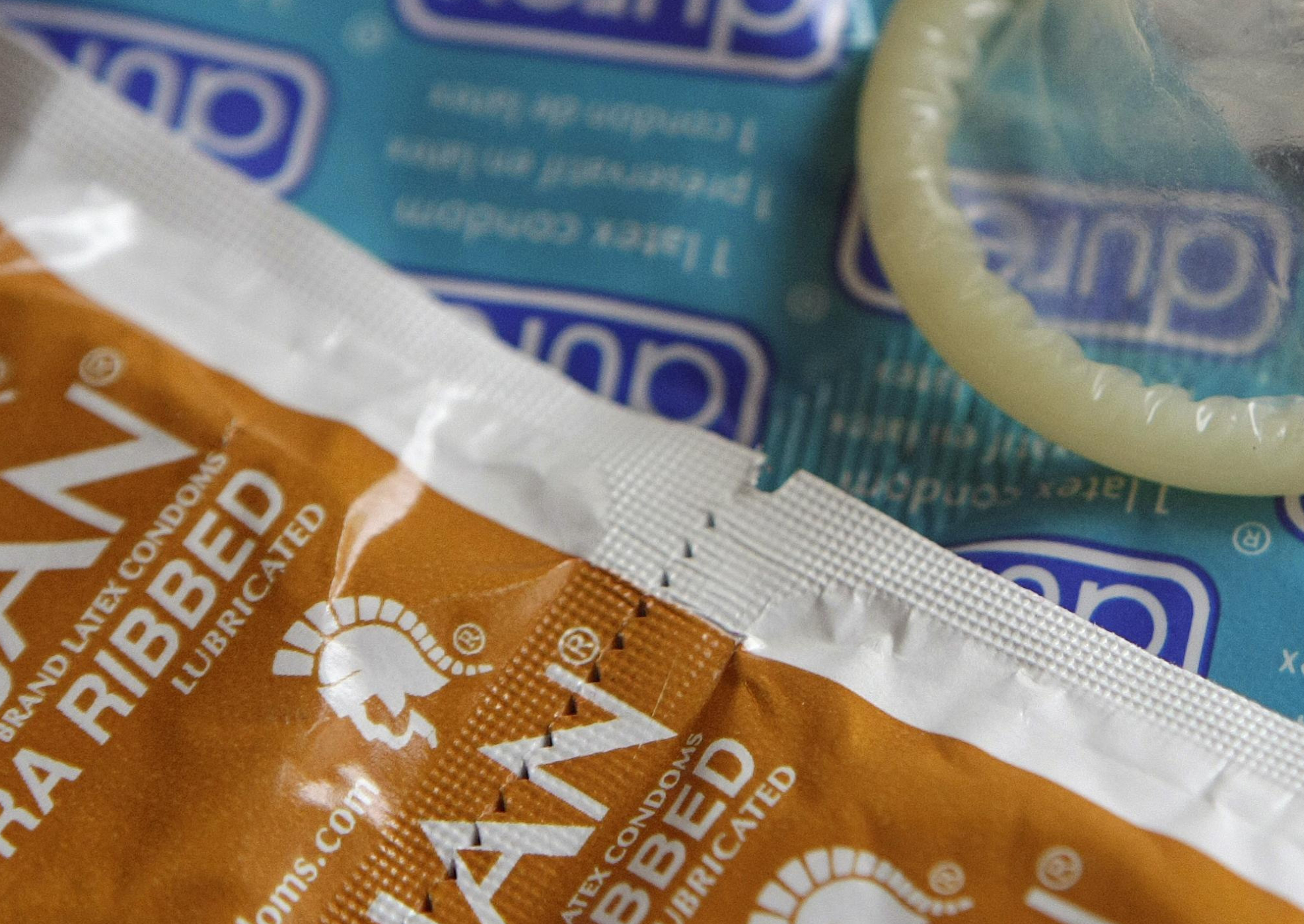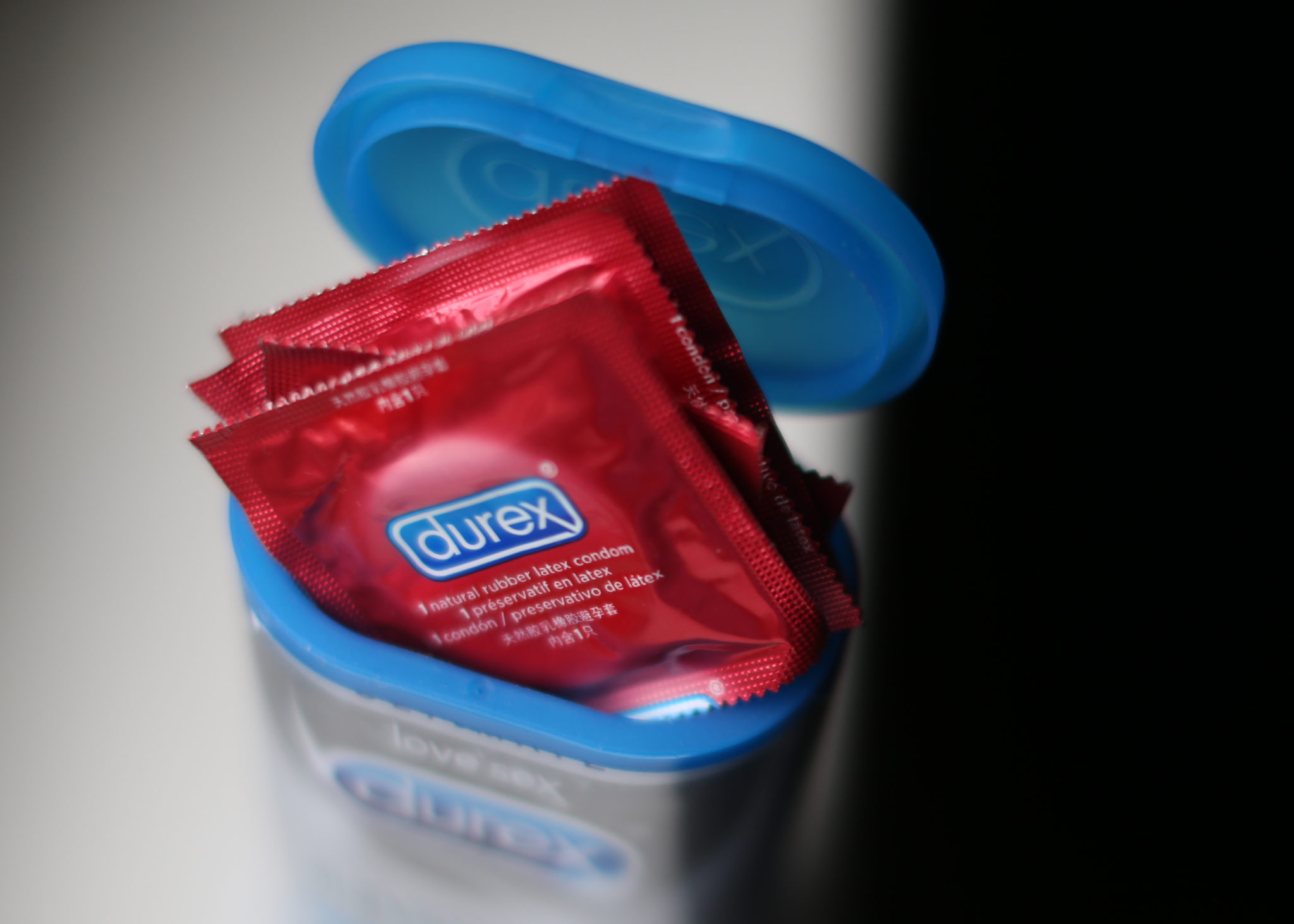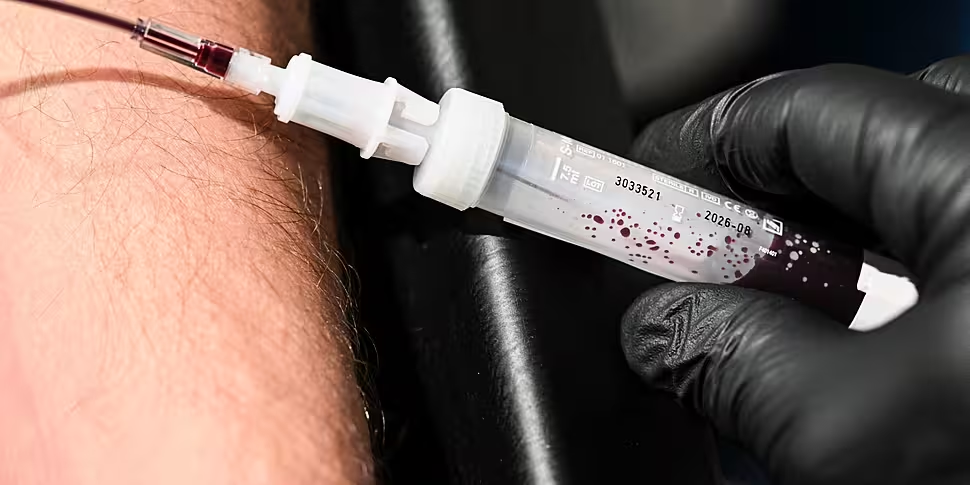People in rural Ireland are travelling for hours in order to minimise the risk of being spotted getting tested or treated for STIs.
Last month, the Government launched a National Sexual Health Strategy 2025 – 2035, which aims to ensure that everyone “has access to high quality sexual health information, education and services throughout life”.
However, consultant Dr Aisling Loy warned that “shame and stigma” around STIs are very much still hindering her work.
“It’s probably a bit less than it was in the 1980s, 1990s but there’s still a lot of shame,” she told The Pat Kenny Show.
“I work in Dublin but I think outside of Dublin especially, I would have patients who travel for many, many hours to come to a clinic in Dublin - so not to be seen locally.
“I hear those stories every day of shame and stigma still attached [to STIs].”
STIs
Last year, the number of STIs reported in Ireland dropped by 11% in a year.
However, the figures are still 31% higher than they were in 2019, the year before the pandemic.
“We peaked in 2023 and, thankfully, over the last two years, the strategy and the interventions that have been in place have started to see a decline,” Dr Loy explained.
“So far this year, we’ve seen 15 to 20% decreases - so, that’s the good news.
“However, overall, it’s been increasing; we don’t know fully why.
“We think there’s more access to care with free online testing services that are available.
“We know that people are now maybe taking more risks; they’re not using condoms as much.
“They’re maybe having more sexual partners and we’ve had a rise in our population as well - so, there’s many factors.”
 File photo of condoms. Picture by: Niall Carson/PA Archive/PA Images.
File photo of condoms. Picture by: Niall Carson/PA Archive/PA Images.Dr Loy continued that the expansion of easy access to sexual health care will significantly help healthcare professionals drive down the number of people contracting STIs.
“That’s really important, for people to be able to test and access treatment if they need it,” she said.
“So, the thing that they noticed was that with the 23 free clinics that the HSE provides, there’s still 10 counties in Ireland that don’t provide any sexual health services in their counties.
“So, it’s all about expansion of services and making access to care more accessible to, not just young people, but the full population.”
HIV/AIDs
Dr Loy added that there has been a “lot of progress on HIV” in recent years, thanks to recent public awareness and advances in medical treatment.
“The group that should be targeted are being targeted with messaging online and public health campaigns,” she said.
“That’s mostly in the GBMSM (gay, bisexual, men who have sex with men) community.
“And we have PReP which is HIV prevention, which was introduced in Ireland in 2019.
“We also ‘test and treat’, so as soon as people are diagnosed, they’re on treatment.
“This means that they can’t pass it on.”
 Packs of Durex condoms. Picture by: Alamy.com.
Packs of Durex condoms. Picture by: Alamy.com.Despite this, Dr Loy cautioned that treatment for HIV does not mean people should not stop using condoms.
“With HIV, we feel that we’re making good progress and we’re not seeing as many new diagnoses in Ireland today as we were 10 years ago,” she said.
“So, that’s a good news story; however, I think with the advent of things like PReP, they maybe then are dismissing condoms because they don’t feel they should be worried about HIV.
“And therefore are at increased risk of other STIs, such as syphilis - which is still on the rise.”
Free at home STI testing kits can be ordered from HSE here.
Main image: A man has his blood drawn for an HIV test. Picture by: Jens Kalaene/dpa/Alamy Live News.









